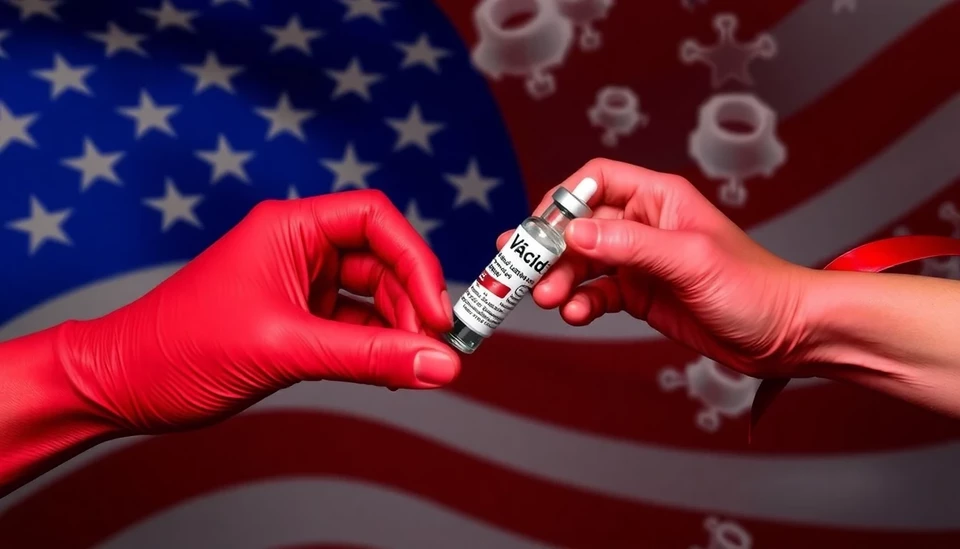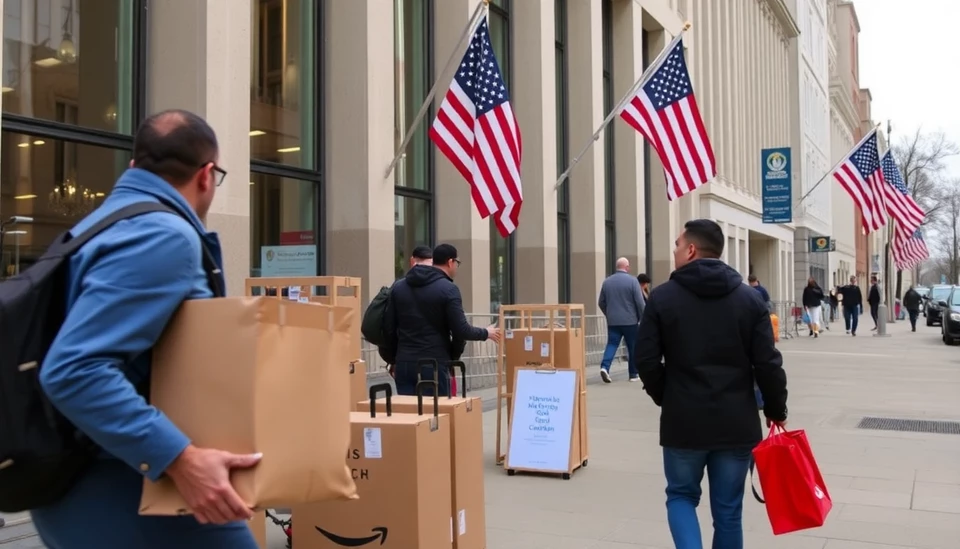
In a significant shift in health policy, the Trump administration's recent decision to withdraw federal funds has thrown decades of AIDS vaccine research into jeopardy. The abrupt termination of financial support has sparked considerable concern within the scientific community, with many fearing it may hinder crucial advancements in the fight against the disease.
AIDS has long been a global health crisis, claiming millions of lives since the 1980s. The development of an effective vaccine has been a goal for researchers and public health advocates alike. For years, various studies have been underway to combat the virus that causes AIDS, with promising leads and breakthroughs paving the way toward an eventual vaccine. However, the recent funding cut could stagnate this vital progress.
Experts have argued that consistent government funding has been crucial in propelling AIDS research forward. Over the past few decades, significant investments from the federal government, alongside collaborations with private entities and global health organizations, have facilitated important discoveries. This funding has enabled scientists to explore innovative techniques and technologies in their pursuit of a vaccine.
Critics of the decision to withdraw funding emphasize that cutting resources at this critical juncture could set back years of progress. The AIDS epidemic, though managed better today than in the past, still claims lives and poses serious health risks, especially in underdeveloped regions. The loss of federal support could limit scientists' abilities to conduct clinical trials, engage in promising new research avenues, and expand current projects that hold potential for breakthroughs.
In response to this alarming situation, various advocacy groups and health organizations are mobilizing to fight the funding cuts and protect the integrity of ongoing research. These organizations are urging Congress to reevaluate the decision, highlighting that the cost of neglecting the AIDS crisis could lead to higher expenses in the long run, both in human lives and healthcare costs treated as a result of inadequate funding.
As discussions continue, researchers are left grappling with uncertainty about the future of their projects. The withdrawal of funding comes at a time when momentum in AIDS vaccine research has been building, with many nearing critical phases in their studies, providing hope that humanity could soon attain a breakthrough.
The global health community is calling for solidarity and action to ensure that this vital research not only continues but flourishes. Advocates warn that any regression in AIDS research could have dire consequences for public health worldwide. As the narrative unfolds, all eyes will be on government officials and funding bodies to see if they will take steps to reverse this decision and reaffirm their commitment to battling AIDS.
In conclusion, the fate of decades of research hangs in a delicate balance and requires both public and governmental support to ensure that progress is not halted. The rallying cry to protect AIDS vaccine research has never been more urgent, posing a critical question for all stakeholders involved: What is the cost of inaction in the face of an enduring epidemic?
#AIDS #VaccineResearch #PublicHealth #FundingCuts #GlobalHealth #TrumpAdministration #HealthcareInnovation #EpidemicResponse
Author: Victoria Adams


